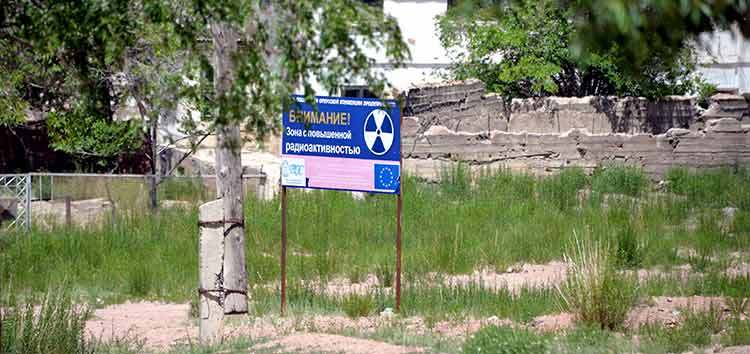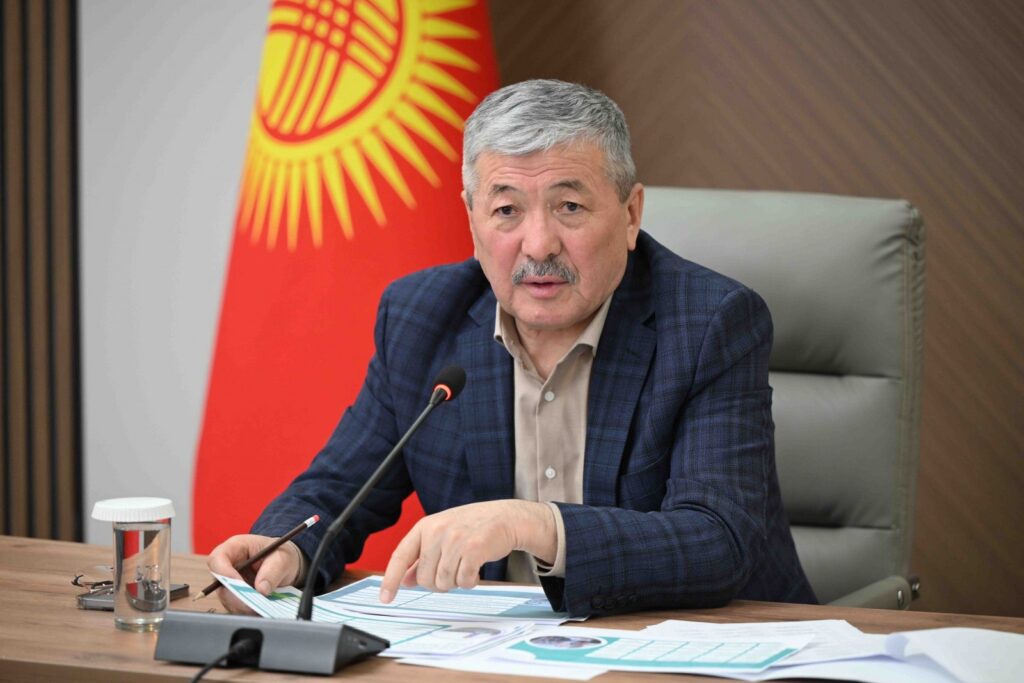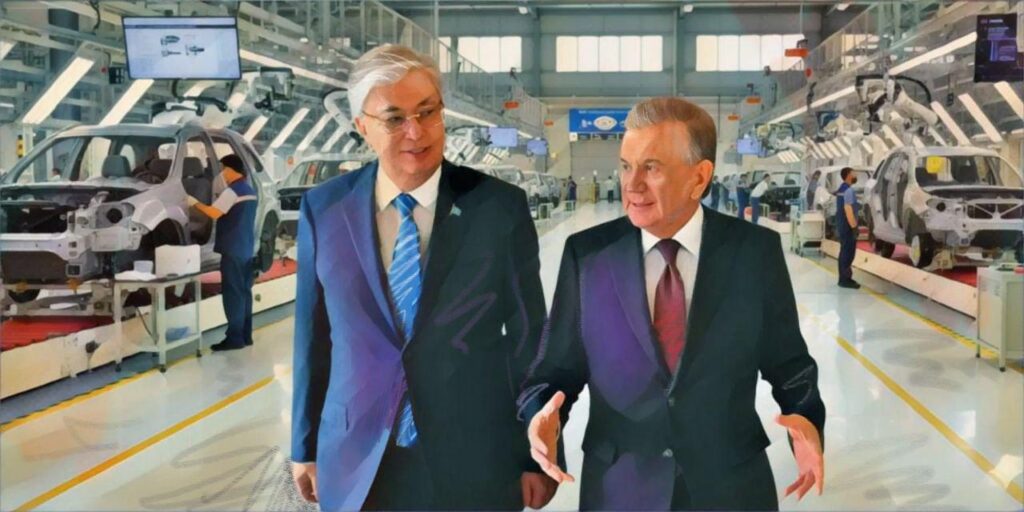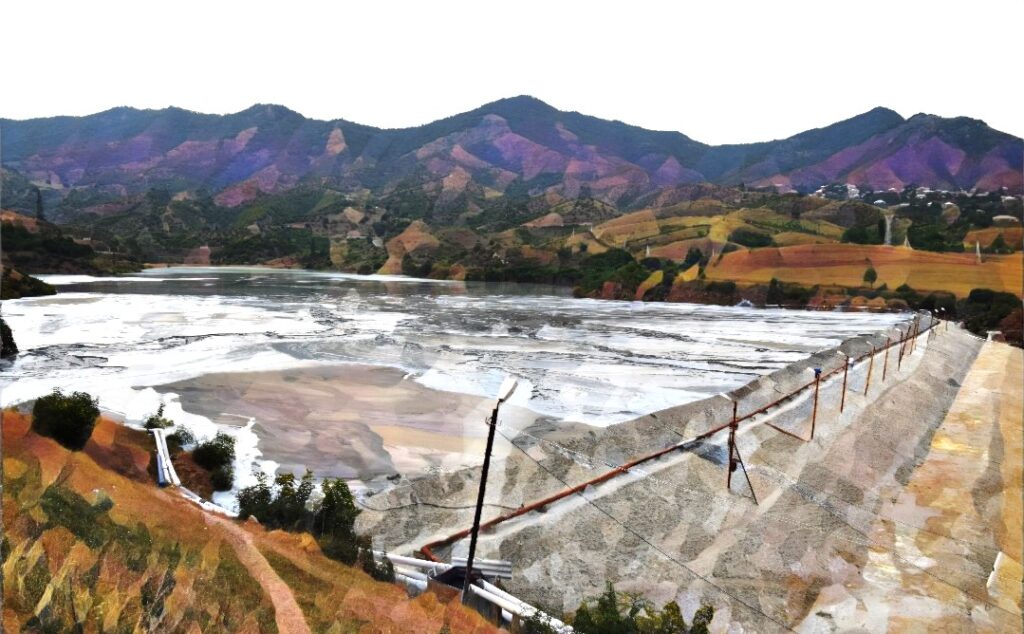BISHKEK (TCA) — A high-level event in New York on September 21 in the presence of Kyrgyzstan President Almazbek Atambayev, EU Energy Commissioner Miguel Arias Cañete and the Estonian Minister of Foreign Affairs Sven Mikser under the headline “People and Planet: Central Asia calls for international solidarity” in the margins of the current UN General Assembly highlighted the danger for the environment and the health of the population, especially in the Ferghana valley where 14 million people live and which is spread across eastern Uzbekistan, southern Kyrgyzstan, and northern Tajikistan, the EBRD press office reported.
These three countries are in the scope of the Environmental Remediation Account for Central Asia (ERA) established at the EBRD in 2015 at the initiative of the European Commission. The EBRD-managed fund will draw on international donor support to deal with the challenges for the population and the environment originating from legacy sites.
Central Asia served as an important source for uranium in the former Soviet Union. A large amount of radioactively contaminated material was placed in mining waste dumps and tailing sites. Most of the mines were closed by 1995 but very little remediation was done.
ERA aims to help the countries address this challenge with international donor support by remediating some of the most dangerous sites. In many cases not even basic measures such as covering of tailings or protecting rivers are currently in place.
Speaking at the event, EBRD Managing Director Alan Rousso said: “The threat originating from the uranium legacy sites in Central Asia is not widely known. It is high time that this issue that continues to threaten the livelihoods and the health of people in the region be addressed. The establishment of the ERA fund at the EBRD is a first step and now it is time to get to work.”
ERA covers seven priority sites in Kyrgyzstan, Tajikistan and Uzbekistan. The estimated cost of the programme is €85 million; to date the fund has received €16 million from the European Commission. To close the funding gap a pledging conference is under preparation for 2018. Framework agreements with all three countries covered by ERA have been signed.








